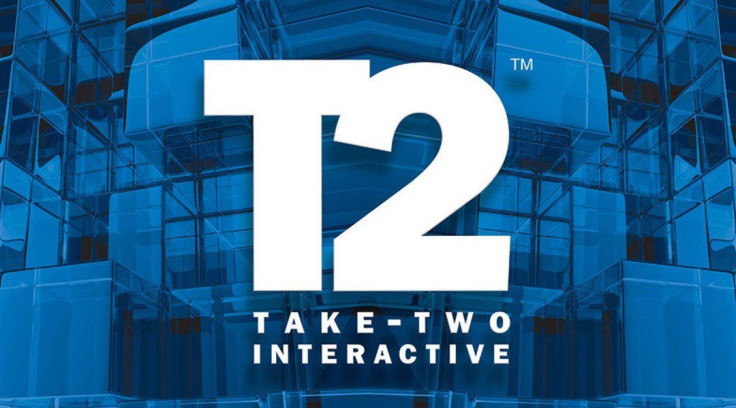And in other news, water is wet.
Now that’s out of the way, a recent SEC filing from gaming giant Take-Two Interactive revealed just how attractive mictrotransactions are in their live services. The publisher is well-known for their Grand Theft Auto and NBA 2K series, both of which feature fairly heavy-handed implementations of microtransactions and live services. These microtransactions earn the company hundreds of millions of dollars over the course of the game’s lifetime. I mean, why just charge the customer once when you can charge them multiple times even when they “own” the game?
The SEC filing, which was written on America’s Tax Day, April 15, revealed ‘performance-based awards’, which are ‘bonuses’ set up to be awarded to none other than the company’s biggest shareholder, ZelnickMedia whenever they made a certain amount from microtransactions. In other words, Take-Two’s CEO, Strauss Zelnick, who is coincidentally also the CEO of ZelnickMedia, gets to award himself a bonus whenever the company reaches its target quota for selling microtransactions in their video games.
Microtransactions, which are also known as recurrent consumer spending, made an estimated $300 million dollars just last quarter for Take-Two. When implemented properly, they are a goldmine for a lot of publishers, especially since games use certain models to make microtransactions more attractive for its consumers. This big self-congratulatory reward is also given for doing well in what could be considered the gaming industry’s most important metrics: short- and long-term earnings.
For reference, Grand Theft Auto Online, Take-Two’s first implementation of live services in a Grand Theft Auto game, made over $1 billion for the company to date. Red Dead Redemption 2 was no slump either, and amassed $725 million in just three days of sales.
When you take all these numbers into account, it’s not hard to see why every publisher wants to have live services and microtransactions implemented. However, this nickel-and-diming of the consumers may yet see a breaking point, seeing as we are finally experiencing some serious pushback, if the recent selling point of 'no loot boxes' for Electronic Arts’ Star Wars Jedi Fallen Order is to be believed. In any case, publisher greed is a very real thing, and you can expect that what we’re experiencing now won’t be the worst of it.
Here’s a full snippet of the SEC filing containing the mention of performance-based awards:
Performance-Based Award. On April 15, 2019 the Company issued to ZelnickMedia 223,772 performance-based restricted units (the "Performance Award"), representing the maximum number of performance-based units that are eligible to vest (with the target number of units of 111,886 based on $10,725,000 divided by the average of the closing prices of the Company's common stock for each trading day during the 10 trading day period immediately prior to April 1, 2019), which units have been divided into three categories of vesting as follows: (i) on April 13, 2021, a number of Recurrent Consumer Spending Performance-Based Units (as defined in the Restricted Unit Agreement) will vest equal to the product of (x) the target number of Recurrent Consumer Spending Performance-Based Units in such vesting tranche (13,986) multiplied by (y) the Recurrent Consumer Spending Vesting Percentage (as defined in the Restricted Unit Agreement) on March 31, 2021, which ranges from 0% to 200% (ii) on April 13, 2021, a number of IP Performance-Based Units (as defined in the Restricted Unit Agreement) will vest equal to the product of (x) the target number of IP Performance-Based Units in such vesting tranche (13,985) multiplied by (y) the IP Vesting Percentage (as defined in the Restricted Unit Agreement) on March 31, 2021, which ranges from 0% to 200% and (iii) on April 13, 2021, a number of TSR Performance-Based Units (as defined in the Restricted Unit Agreement) will vest equal to the product of (x) the target number of TSR Performance-Based Units in such vesting tranche (83,915) multiplied by (y) the TSR Vesting Percentage (as defined in the Restricted Unit Agreement) on March 31, 2021, which ranges from 0% to 200%.

















